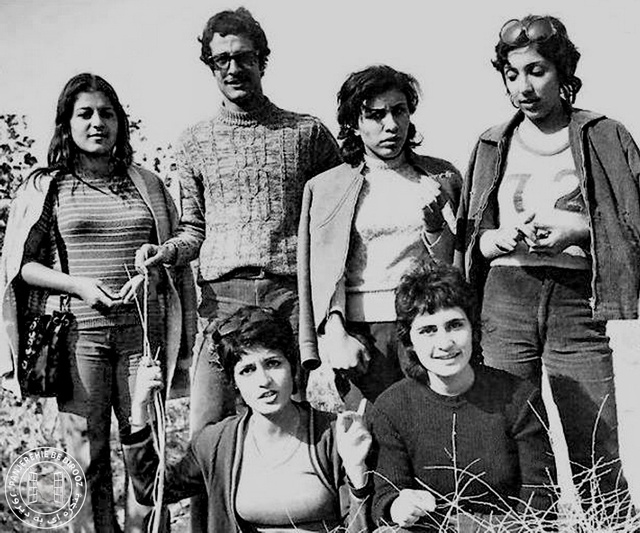When the first demonstrations erupted, they frequently began on university campuses—not only because students were organized, but because society viewed universities as moral centers of thought and debate. This collaboration was crucial. It allowed revolutionary demands to expand beyond academic concerns and into the public sphere. Strikes, public meetings, and political gatherings often gained strength through student participation.
With censorship, repression, and political interference tightening, academic quality often declined sharply in the years before a revolution. These conditions fueled a strong desire for a new educational model—one connected to national progress, social justice, scientific innovation, and global standards. In many revolutions, a dramatic incident on a university campus triggered nationwide outrage.


